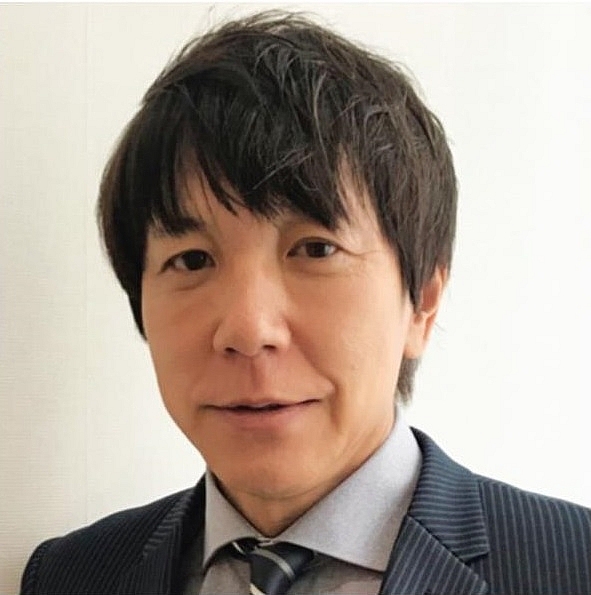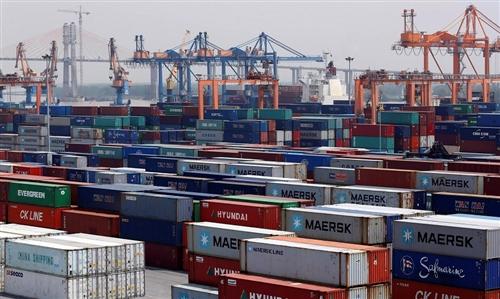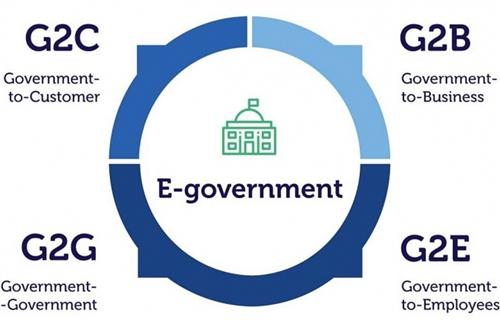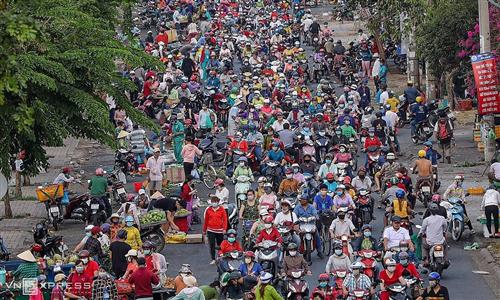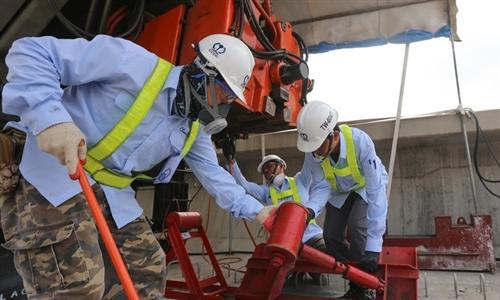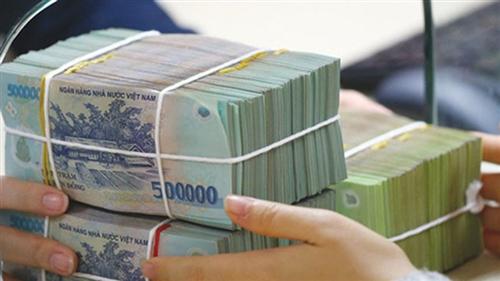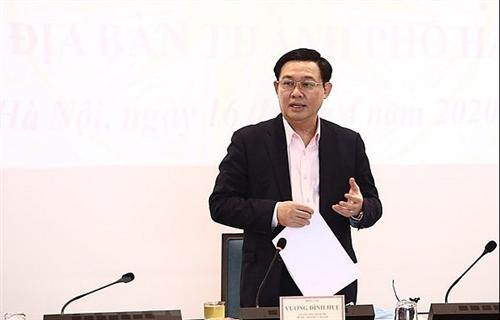Holistic support to reboot business
Holistic support to reboot business
After months of proposals, domestic and international businesses are expected to have an unprecedented online dialogue with the Vietnamese prime minister this week to discuss the most effective incentives to ease their difficulties and to fuel the economy in response to the battle against the coronavirus.

Companies of all shapes and sizes are impacted by the measures rolled out to control COVID-19, Photo: Le Toan
|
Right after the information about the dialogue came out, businesses rushed to register for participation as they have innumerable petitions waiting to send to the prime minister.
“We are struggling to survive. We need urgent support. I wish I could directly submit the petition to the prime minister,” said Nguyen Thi Thanh, director of Mai Thanh Co., Ltd. “We are applying for debt payment extension, but have not been given approval. We are waiting for the government’s supporting policies to be realised.”
Thanh is one of hundreds of domestic and international businesses queueing for the opportunity to raise their proposals at the upcoming event.
Prime Minister Nguyen Xuan Phuc said that the pandemic is having a big impact on the country’s socio-economic development. “This dialogue is very important and necessary, as it shows the government’s determination to support businesses, while taking on the dual tasks of giving priority to the pandemic fight and stimulating socio-economic development,” stated PM Phuc.
The event is expected to focus on solutions, especially financial tools from ministries and local authorities to support domestic and foreign investors, spur on business activities, and improve the business climate, hoping to encourage a new, fresh approach and resolve.
The Government Office will report on administrative reform, improvement of business environment, and deployment of public services via the national public service portal for locals and businesses.
The Ministry of Finance’s report will concentrate on strategies and measures for financial supporting tools such as tax, fees, and land leasing fees. Meanwhile, the Ministry of Industry and Trade will announce solutions to diversify and ensure supply for all business activities in the country; to strengthen exports, and diversify import-export markets; provide incentives for sectors hardly hit by the outbreak; and speed up large-scale industrial and energy projects.
Regarding banking and finance, the State Bank of Vietnam will lay out its proposals on monetary, credit, and lending rate policies to facilitate business and ensure macro-economic stability. The Ministry of Public Security will talk about schemes to ensure social security and create the most favourable conditions for business activities.
The Ministry of Information and Communications will outline plans to push the development of digital technology businesses, e-commerce, and e-payment products, and boost ICT application in socio-economic development.
Representing the voices of hundreds of domestic and foreign companies, the Vietnam Chamber of Commerce and Industry will raise its members’ petitions, and propose possible solutions to pacify the business community.
On April 10, PM Phuc also chaired a videoconference with cities and provinces to discuss ways of providing a comprehensive response to the virus’ impact on business activities and society.
Vietnam is implementing stimulus packages in many fields. This will consist of a monetary package of VND300 trillion ($13 billion), a fiscal package of VND180 trillion ($7.8 billion), a social security package of VND62 trillion ($2.7 billion), an electricity price package of VND12 trillion ($521.7 million), and a telecoms charge package of VND15 trillion ($652.2 million).
Vietnamese and international companies are experiencing a difficult period amid the serious development of the global health emergency. According to international business associations, including the American Chamber of Commerce in Vietnam, its European counterpart (EuroCham), and the Japan External Trade Organization, COVID-19 has had a significant and negative impact on their members.
As shown in EuroCham’s Business Climate Index 2020 for the first quarter, the index plunged to its lowest-ever score of 26 per cent for the period due to the pandemic. That represents a fall of 51 points from the 77 per cent recorded in late 2019.
Similarly, the latest survey of over 1,000 members of the Japan Chamber of Commerce and Industry in Ho Chi Minh City indicates that about 60 per cent of interviewees will be adversely affected by the virus outbreak.
|
Michael Chan - Head of sales and marketing BW Industrial Development JSC
Although sharing a border with China, Vietnam has reported no fatalities linked to the coronavirus, earning praise for the country’s pandemic measures. Much of the success can be ascribed to its social unity and political stability. However, post-pandemic measures are of equal importance for the economy to bounce back. We can certainly see the positive sentiments that other countries have for Vietnam and its products. Possible measures after the pandemic is fully controlled could involve government-to-government promotions of Made-in-Vietnam products through trade shows and deals, so that Vietnamese manufacturers can recover and gain more orders and popularity from expanded overseas markets. Michael Piro - COO Indochina Capital
We have had to adjust our 2020 plans, which includes implementing cost-cutting measures and delaying the opening of our first Wínk Hotel. Our plans to promote Vietnam and our firm at the international level were also delayed. I do not think that foreign-owned businesses will suffer or benefit more than local companies, and the impact of the coronavirus will depend more on the industry. From a real estate perspective, segments such as hospitality and retail will suffer much more than logistics, for example. Nevertheless, Vietnam has demonstrated an exemplary response to the outbreak with its quick actions and prevention measures, as well as the financial relief for companies. Nakajima Takeo - Chief representative JETRO Hanoi
The Japanese business community highly appreciates the efforts by the Vietnamese government to tackle COVID-19. To protect the life of people is most important now, and Vietnam is one of the few countries that is successfully controlling the virus. The business community hopes the constraints of their activities will soon be minimised. Information by governments should be clear, fair, and lawful for securing business continuity. Particularly, central and local governments should enforce and interpret instructions in the same manner. If the situation allows, borders for goods and services should reopen quickly to prevent prolonged slowdown. Smooth visas and license procedures are important to cross-border business operations. Linda Liu - Economist Maybank Kim Eng
Foreign enterprises in Vietnam have been hit by a one-two punch due to the outbreak. The challenge for those in Vietnam has now shifted away from supply chain disruptions to collapsing global demand. Many businesses have reported that their orders for key markets have been cancelled or delayed. According to a survey by JETRO, Japanese firms in Vietnam are expecting production and revenue to fall by 70 per cent in the second quarter. I expect the government to discuss concerns over any potential supply chain disruptions that businesses may currently be facing. Given that part of manufacturing and exports are affected by the lockdown, more clarity will also be needed on the government’s plans to relax lockdown measures. Lee Jae Eun - CEO Everpia JSC
At present, the government has made some solutions to support businesses. It approved Decree No. 41/2020/ND-CP on the extension of deadlines for tax and land use fee payments to support businesses. Moreover, the Ministry of Industry and Trade has made a decision on a 10 per cent cut in electricity prices. They are encouraging policies for the business community. Like other manufacturers, we are also facing challenges as the virus outbreak certainly caused delay of our raw material procurement schedule from suppliers abroad. We hope that the upcoming dialogue will result in more supporting policies to help businesses survive this difficult time. We expect a reduction on import duty and a cut in logistics service costs. |




